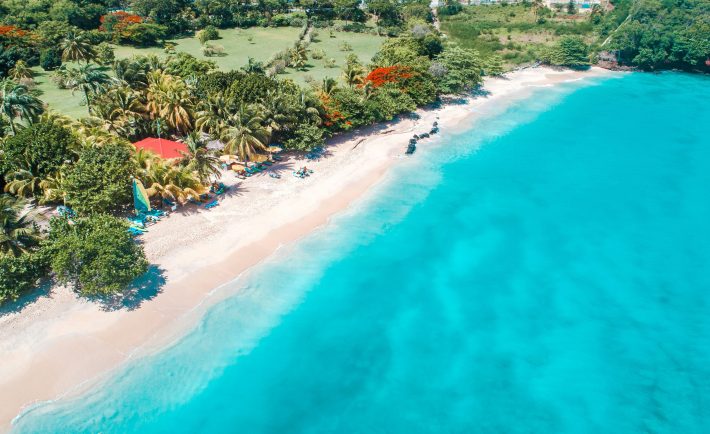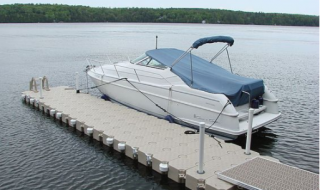
Second citizenship can open new doors, offering financial, travel, and security benefits. Two popular options in the Caribbean are Dominica and Saint Kitts & Nevis. Both countries offer citizenship by investment, but there are important differences to consider.
Lyle Julien, Investment Programs Expert at Immigrant Invest, explores requirements to obtain St Kitts and Dominica citizenship by investment.
What is second citizenship by investment
Second citizenship by investment allows individuals to acquire citizenship in another country by making a qualifying financial contribution. These investment programs are particularly attractive to high-net-worth individuals who want greater global mobility, tax benefits, or the ability to live in a different country.
Citizenship in St Kitts and Nevis is well-established in this market and offers competitive options.
Dominica citizenship by investment
Dominica’s citizenship program requires applicants to either make a non-refundable contribution to the Economic Diversification Fund (EDF) or invest in government-approved real estate. The EDF contribution starts at $200,000 for a single applicant. For real estate, the minimum investment is also $200,000.
A Dominica passport offers visa-free travel to many countries, including the Schengen Area, and Singapore. Dominica’s investment process is straightforward, and citizenship can usually be granted within 6 months. Dominica also allows dual citizenship, meaning you do not need to give up your existing nationality.
Other advantages include no income tax on foreign earnings, no wealth, gift, or inheritance tax, and relatively low government fees compared to other programs. Dominica is an environmentally conscious country with a focus on sustainability, making it attractive to eco-minded investors.
St Kitts and Nevis citizenship by investment
Saint Kitts and Nevis citizenship offers two main routes to citizenship: a donation to the Sustainable Growth Fund (SGF) or a real estate investment. The SGF donation starts at $250,000 for a single applicant. For real estate, the minimum investment is $325,000.
A passport from St Kitts and Nevis grants visa-free or visa-on-arrival access to many countries.
Other advantages include no personal income tax, estate tax, or wealth tax, and the ability to pass citizenship down to future generations. St Kitts and Nevis also offers the oldest citizenship-by-investment program in the world, providing a sense of stability and trust for applicants.
A notable advantage of St Kitts and Nevis’s citizenship by investment program is that it permits citizenship to be inherited by future generations. Investors can not only secure their own future but also ensure long-term benefits and stability for their children and grandchildren.
Dominica vs St Kitts and Nevis citizenship comparison
Cost comparison. Dominica’s citizenship by investment is generally considered more affordable, with a minimum contribution of $200,000 compared to St Kitts and Nevis’ $250,000. If keeping costs low is a priority, Dominica may be the better option.
Travel benefits. While both countries offer excellent travel freedom, St Kitts and Nevis has a slight edge compared to Dominica. If extensive travel is a key factor for you, St Kitts and Nevis might be preferable.
Processing time. Both countries have the same period for application approval — 6 months.
Real estate investment. St Kitts and Nevis has more established high-end tourism infrastructure, which may make it easier to rent or resell property. Dominica, on the other hand, has a more eco-friendly, emerging market appeal.
How to apply for second citizenship by investment
The process to apply for citizenship in both countries is straightforward. Here’s what you need to do:
- Choose an investment option. Decide whether to contribute to a government fund or invest in real estate.
- Submit your application. You must apply through an authorised agent who will help you gather and submit the necessary documents, including proof of funds and personal identification.
- Due diligence checks. Both countries require a thorough background check to ensure that applicants meet legal and financial criteria.
- Make your investment. Once your application is approved, you will be asked to make the necessary financial contribution or complete the real estate purchase.
- Receive citizenship. After completing these steps, you will be granted citizenship and issued a passport.
Conclusion
Dominica and St Kitts and Nevis both offer compelling citizenship-by-investment programs, but the right choice depends on your priorities. Dominica is more affordable and offers strong benefits, especially for eco-conscious investors. St Kitts and Nevis provides faster processing, broader travel freedom, and a well-established program.





